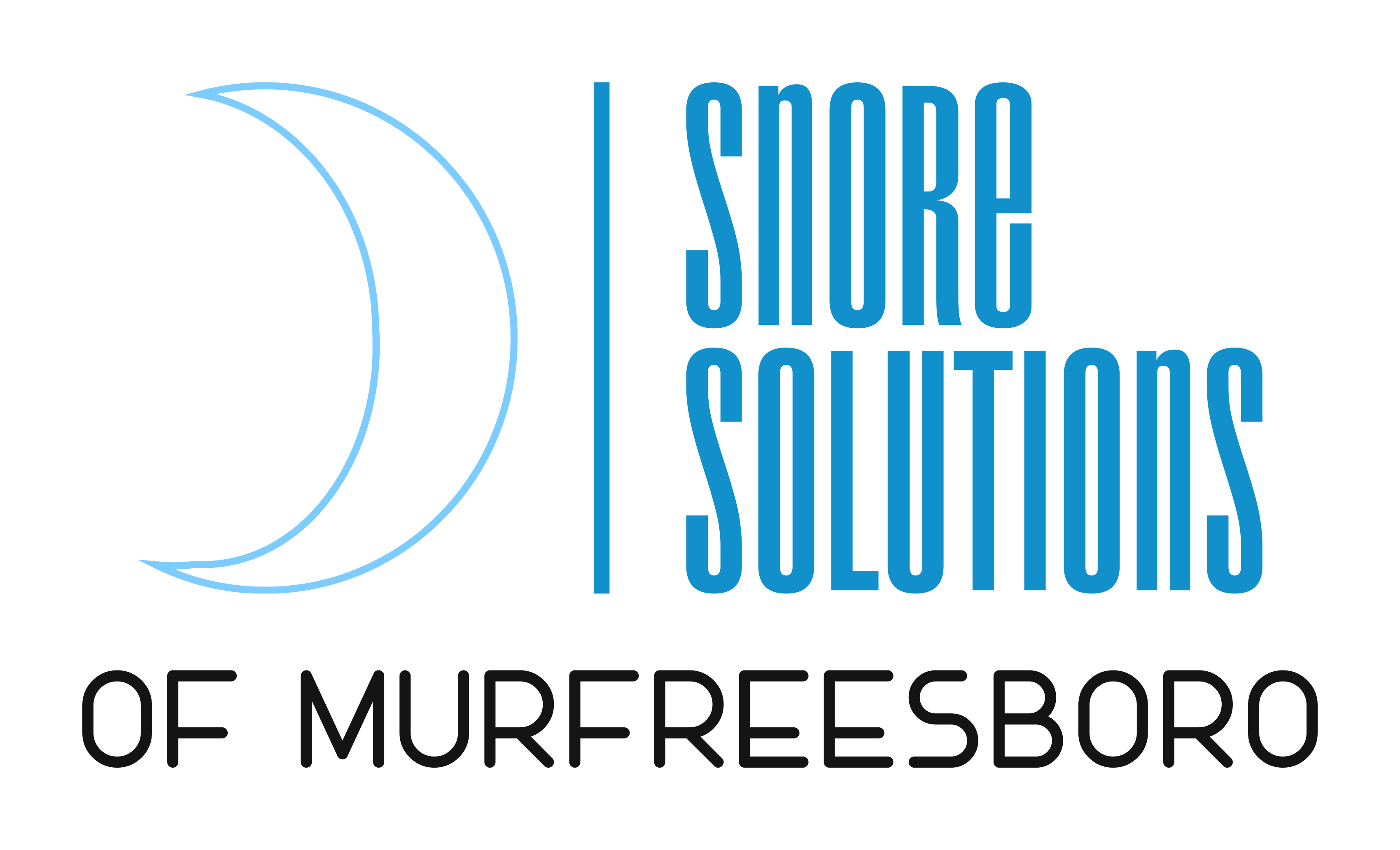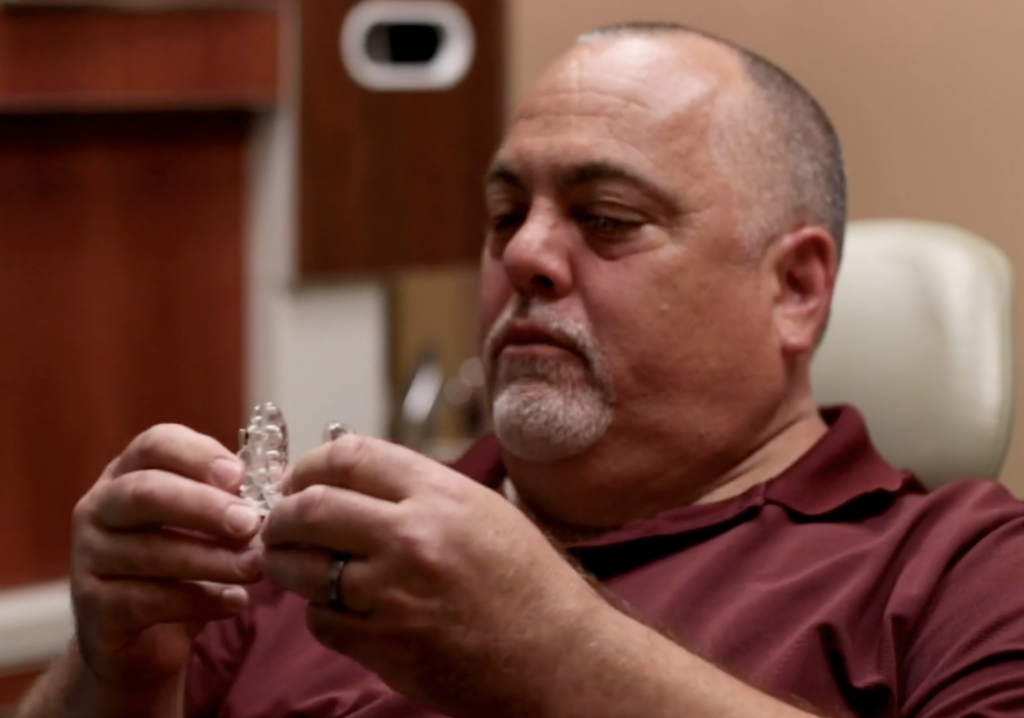Frequent feelings of tiredness and grogginess upon waking, irrespective of the duration of sleep, may indicate a potential case of sleep apnea, a prevalent yet severe sleep disorder.
This discourse delves into the definition of sleep apnea, the ramifications of leaving it untreated, and the advantages of early intervention. Furthermore, it examines various treatment modalities, including CPAP therapy, surgical procedures, and oral appliances, in addition to recommendations for managing sleep apnea through lifestyle modifications and available support services.
Enhance your quality of life and diminish the likelihood of complications linked to sleep apnea by maintaining engagement with this informational content.
Understanding Sleep Apnea
It is imperative to comprehend Sleep Apnea, as it represents a prevalent disorder that disrupts nocturnal breathing, thereby leading to disturbances in sleep patterns and consequential negative health effects.
Diagnosis of Sleep Apnea commonly involves a sleep study, with identifiable symptoms encompassing snoring, daytime alertness deficiencies, among others.
What is Sleep Apnea?
Sleep apnea is a potentially severe sleep disorder characterized by the intermittent cessation and resumption of breathing during sleep. This disorder manifests in two primary forms: obstructive sleep apnea (OSA) and central sleep apnea (CSA). OSA, the more prevalent type, is distinguished by the relaxation of throat muscles that obstruct the airway, resulting in loud snoring and disruptions in nocturnal sleep. Conversely, CSA occurs when the brain fails to transmit appropriate signals to the muscles responsible for breathing.
Recognizing the symptoms of sleep apnea, such as excessive daytime drowsiness, morning headaches, and changes in mood, is imperative. Seeking a comprehensive evaluation from a healthcare professional is crucial to receive accurate diagnosis and effective treatment.
Consequences of Untreated Sleep Apnea
Unaddressed sleep apnea has the potential to result in substantial health risks and notable disruptions to daily functioning, underscoring the necessity for prompt and appropriate intervention.
Health Risks and Impacts on Daily Life
Untreated sleep apnea poses significant health risks, including elevated blood pressure, cardiovascular issues, and impaired cognitive function. Sleep apnea can have profound effects on heart health, as individuals face an elevated likelihood of developing cardiovascular conditions like heart attacks and strokes. This disorder not only compromises physical well-being but also impairs cognitive abilities and emotional stability.
Individuals suffering from untreated sleep apnea commonly experience daytime alertness issues, which can manifest as difficulties in concentration, memory retention, and decision-making. The overall decline in quality of life attributed to sleep apnea emphasizes the critical importance of prompt diagnosis and treatment to mitigate its adverse consequences.
Benefits of Early Treatment
Prompt treatment of sleep apnea can markedly enhance the quality of life and mitigate the risk of complications, thus fostering improved overall health and well-being.
Improvements in Quality of Life
Timely intervention for sleep apnea yields significant enhancements in quality of life by facilitating better respiration and heightened energy levels throughout the day.
The management of sleep apnea through treatment modalities such as continuous positive airway pressure (CPAP) therapy can yield favorable outcomes across multiple dimensions of an individual’s well-being. By optimizing sleep patterns, individuals may witness improvements in emotional equilibrium, diminished irritability, and enhanced mood regulation.
The therapeutic advantages associated with the treatment of sleep apnea transcend mere nocturnal repose to encompass daytime vigilance, cognitive acuity, and overall productivity. This comprehensive approach to well-being not only emphasizes the amelioration of sleep quality but also contributes to a healthier and more gratifying existence.
Reduced Risk of Complications
Timely intervention in sleep apnea is crucial for mitigating the risk of severe complications, such as cardiovascular disease, stroke, and other health-related issues. Early detection and treatment of sleep apnea can result in substantial enhancements in overall health and quality of life. Effectively managing sleep apnea can lead to improvements in sleep patterns, reduction in daytime fatigue, enhanced cognitive function, and better cardiovascular health.
It is imperative for individuals to diligently adhere to their prescribed treatment plans, which may involve lifestyle modifications, CPAP therapy, or the use of oral appliances. This adherence is essential for sustaining the long-term health benefits obtained from managing sleep apnea and for preventing future complications.
Treatment Options for Sleep Apnea
There exists a range of treatment options for sleep apnea, each customized to cater to the individualized needs of the patient, thereby ensuring efficient management and amelioration of symptoms.
CPAP Therapy
CPAP therapy, which stands for Continuous Positive Airway Pressure, represents a widely used and efficient treatment for sleep apnea designed to sustain unobstructed airways during sleep. This therapeutic approach entails the utilization of a device that administers a continuous stream of pressurized air through a mask positioned over the individual’s nose or mouth. This pressurized air plays a crucial role in ensuring the airways remain unobstructed and in averting breathing interruptions that are characteristic of sleep apnea.
The consistent delivery of air serves to prevent the collapse of throat tissues, thereby facilitating improved and uninterrupted breathing throughout the entirety of the night. Consequently, this meticulous process ensures the maintenance of appropriate oxygen levels, which in turn leads to enhanced sleep quality and a noticeable reduction in the symptoms associated with sleep apnea.
Surgery
Surgical interventions for sleep apnea are designed to address airway obstructions, offering a lasting solution for patients who do not exhibit positive responses to less invasive treatments. These surgical procedures encompass techniques such as uvulopalatopharyngoplasty (UPPP), maxillomandibular advancement, and tracheostomy. The efficacy rates of these interventions vary based on the specific procedure and individual characteristics, with UPPP demonstrating success rates ranging from 40-60%.
It is imperative to acknowledge that all surgical procedures entail inherent risks, including but not limited to bleeding, infection, or adverse reactions to anesthesia. Despite the associated risks, opting for surgical intervention has the potential to significantly ameliorate symptoms of sleep apnea and enhance the overall quality of life for numerous patients.
Oral Appliances
Oral appliances are personalized devices specifically crafted to assist in the management of sleep apnea by maintaining the openness of the airway and facilitating improved breathing patterns during sleep.
Typically resembling mouthguards or retainers, these devices are worn within the mouth and operate by repositioning either the jaw or tongue to avert the collapse of the airway during sleep. This mechanism enables oral appliances to effectively mitigate snoring, enhance the flow of oxygen, and support uninterrupted sleep.
Many individuals perceive oral appliances as a more comfortable and convenient alternative to continuous positive airway pressure (CPAP) machines, particularly for cases categorized as mild to moderate sleep apnea. The portability of oral appliances renders them suitable for travel and daily usage.
Tips for Managing Sleep Apnea
Effectively managing sleep apnea necessitates the adoption of healthy lifestyle modifications and the utilization of available support and resources to guarantee adherence to treatment protocols.
Healthy Lifestyle Changes
In the management of sleep apnea and improvement of long-term health, the adoption of healthy lifestyle changes is paramount. Physical activity, such as brisk walking or cycling, not only aids in weight management but also enhances the respiratory system, potentially mitigating the severity of sleep apnea symptoms.
A diet comprising fruits, vegetables, and lean proteins provides essential nutrients that bolster overall health and may alleviate inflammation associated with sleep apnea. Furthermore, the maintenance of a consistent sleep schedule, characterized by regular bedtimes and wake-up times, serves to regulate circadian rhythms, thereby promoting improved sleep quality and reducing the likelihood of sleep disturbances linked to apnea episodes.
Support and Resources
It is essential to access support and resources, such as sleep clinics and specialists, to effectively adhere to treatment plans and achieve positive outcomes in the management of sleep apnea.
Professional assistance from sleep clinics and specialists is critical in the accurate diagnosis and treatment of sleep disorders. These professionals possess the expertise required to conduct comprehensive assessments, recommend suitable treatment modalities, and monitor progress over time.
Participation in support groups can offer individuals a sense of community and empathy, significantly enhancing treatment adherence. The educational materials provided by these resources can also enable patients with knowledge about their condition, available treatment choices, and lifestyle adjustments, thus contributing to the successful management of sleep apnea.
Frequently Asked Questions
What is sleep apnea?
Sleep apnea is a sleep disorder characterized by pauses in breathing or shallow breaths while sleeping. It is often accompanied by loud snoring and can have serious health consequences if left untreated.
What are the benefits of treating sleep apnea early?
There are numerous benefits to treating sleep apnea early. These include improved quality of sleep, reduced risk of cardiovascular disease, improved mood and cognitive function, and decreased risk of accidents caused by daytime drowsiness.
How is sleep apnea treated?
Treatment for sleep apnea may include the use of a continuous positive airway pressure (CPAP) machine, oral appliances, or lifestyle changes such as weight loss and quitting smoking. The best treatment option will depend on the severity and type of sleep apnea.
What are the long-term consequences of untreated sleep apnea?
If left untreated, sleep apnea can lead to serious health consequences such as high blood pressure, heart disease, stroke, diabetes, and even sudden death. It can also impact cognitive function and increase the risk of mental health issues.
Can sleep apnea be cured?
While there is no known cure for sleep apnea, it can be effectively managed and treated. With early treatment, many people are able to improve their symptoms and lead a healthy, normal life.
Are there any lifestyle changes that can help with sleep apnea?
Yes, there are several lifestyle changes that can be beneficial in managing sleep apnea. These include maintaining a healthy weight, avoiding alcohol and sedatives before bedtime, and sleeping on your side rather than your back. It is important to discuss with your doctor the best lifestyle changes for your specific case.

